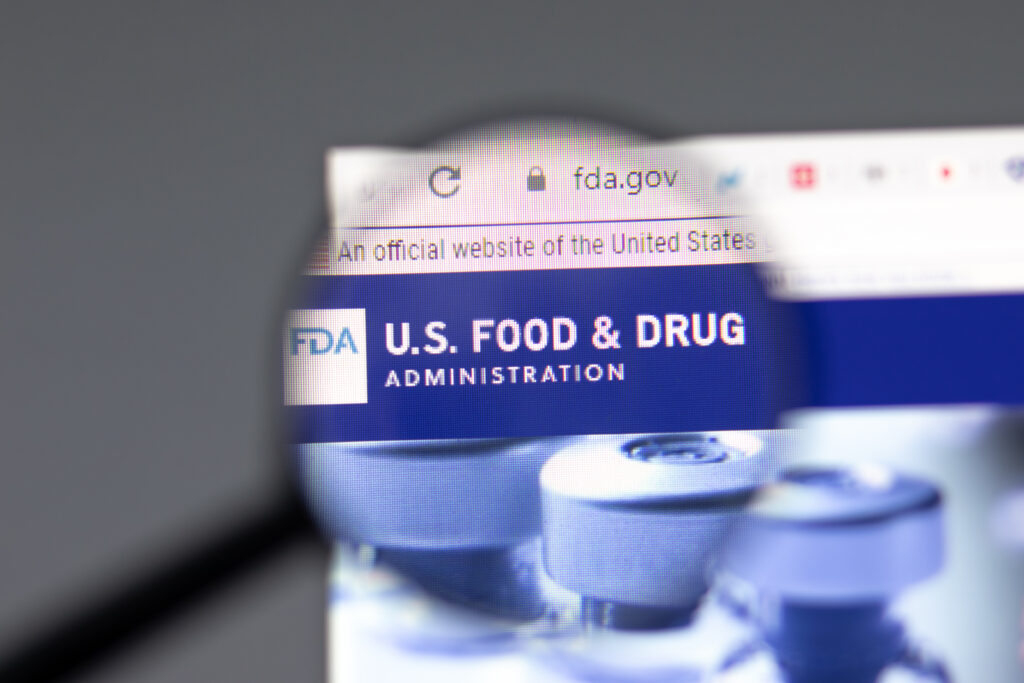The US Food and Drug Administration (FDA) has issued letters to several companies to include a class-wide boxed warning about the risk of T-cell malignancies on their CAR T-cell therapies.
The directive applies to all six commercial CAR T-cell therapies, which include Bristol Myers Squibb’s Abecma (idecabtagene vicleucel) and Breyanzi (lisocabtagene maraleucel), Kite Pharma’s Yescarta (axicabtagene ciloleucel) and Tecartus (brexucabtagene autoleucel), Johnson & Johnson’s Carvykti (ciltacabtagene autoleucel) and Novartis’ Kymriah (tisagenlecleucel). The therapies are indicated to treat blood cancers such as multiple myeloma and large B-cell lymphoma.
The FDA sent each company individual letters on January 19 outlining the label update requirement.
The boxed warning, which is the FDA’s highest safety alert, will highlight the potential risk of T-cell malignancies that may occur after treatment with BCMA- and CD19-directed genetically modified autologous CAR T-cell immunotherapies.
The decision follows the FDA’s investigation into reports of secondary T-cell malignancies among patients who had received the therapies, some of which resulted in hospitalization and death. The FDA first announced it was evaluating the risk in November 2023.
Related: FDA Investigates Cancer Risk Linked to All Approved CAR T-Cell Therapies
Two months later, the FDA deemed the risk to be substantive enough to warrant the inclusion of a boxed warning.
In its letters to CAR T-cell therapy makers, the FDA said it identified postmarketing adverse events and clinical trial reports describing the occurrence of mature T-cell malignancies, including CAR-positive tumors, following treatment with BCMA- and CD19-directed genetically modified autologous T-cell immunotherapies, directing to its Center for Biologics Evaluation and Research (CBER) safety communication outlining the agency’s investigation of the risk.
In that safety communication issued in November, the FDA said despite the risk, the overall benefits of CAR T-cell therapies continue to outweigh their potential risks for their approved uses. Nevertheless, patients and clinical trial participants who receive the treatments are advised to be monitored for life for new malignancies.
The FDA is requiring that the boxed warning include a paragraph outlining the risk of T-cell malignancies following treatment with BCMA- and CD19-directed genetically autologous CAR T-cell immunotherapies followed by the therapy name. The same should be stated as part of the secondary malignancies item in the “Warnings and Precautions” section of the drug label as well.
Manufacturers of the affected products have been given 30 days to submit proposed changes to their product’s safety labels or to submit a rebuttal if they disagree with the FDA’s assessment.
In response, Bristol Myers and Gilead have said they’re evaluating and reviewing next steps, While Johnson & Johnson echoed similar sentiments saying it will work with the FDA to update Carvykti’s prescribing information. Novartis said it will update Kymriah’s label according to the FDA’s guidance.
Carvykti already has another boxed warning to include for the risk of secondary hematological malignancies, including myelodysplastic syndrome (MDS) and acute myeloid leukemia (AML) following treatment with the CAR-T.
Nevertheless, given that over 2,000 patients around the world have been treated with Carvykti, a Johnson & Johnson spokesperson said the company remains confident in the favorable benefit-risk profile of the treatment. Similarly, Novartis highlighted the 10,000 patients that have been treated with Kymriah, which it said has not led to sufficient evidence to link its CAR-T with secondary T-cell malignancies.
Earlier this month, CAR T-cell therapy inventor Carl June, MD, and pioneer Bruce Levine, PhD, backed the benefits of CAR T-cell therapies in a commentary published in Nature Medicine addressing reports of secondary malignancies. They said the “rate of T-cell malignancies observed is far lower than that seen with some other treatments.”
The boxed warning requirement will likely apply to all future CAR T-cell therapies as well. Some upcoming CAR-T players include AstraZeneca’s new BCMA/CD19 dual-targeting pickup fast CAR-T GC012F, which was at the center of its $1 billion acquisition of Gracell. The deal is expected to close in the first quarter of 2024.
So far, the FDA’s boxed warning requirement is for autologous CAR-T immunotherapies and not allogeneic or “off-the-shelf” ones.
Additionally, it remains unclear how the FDA will precisely assess the risk of secondary malignancies for CAR T-cell therapy applications seeking to move up to earlier lines of therapy. The FDA is currently reviewing Johnson & Johnson’s application for Carvykti as a second-line multiple myeloma therapy, while other makers are also evaluating their therapies in earlier line settings.












Join or login to leave a comment
JOIN LOGIN